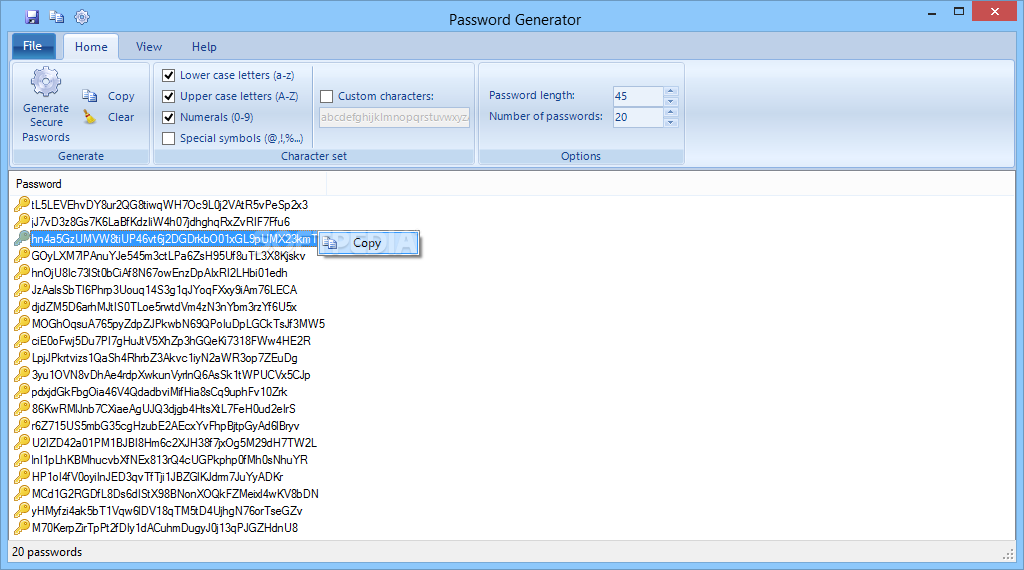

There may be more issues, but I'm getting a bit tired of looking at it. Unfortunately, as you have noticed, single letter syllables are uncommon 3, so ForceFixPassword usually ends up swapping out the last lowercase letter for a digit. Numbers and symbols are supported by turning each single letter syllable alternately into a digit or symbol with 50% chance (though the symbol feature isn't used). The number of syllables isn't constant, so it's hard to determine how much entropy this actually adds, but given the scarcity of single letter syllables it almost certainly adds less than 8 bits on average. This means that rather than adding about 1 bit of entropy per letter, capitalization only adds 1 bit per syllable.

The original standard doesn't appear to support uppercase letters or numbers, and the implementation 2 only capitalizes the first letter of a syllable with a 50% chance (interestingly y is replaced with w in the array of characters checked, so y will never be capitalized). Even if increasing the length from 8 to 15 doubles the entropy, that's still probably under 60 bits of entropy on average 1, though this is improved slightly due to capitalization. A 1994 paper (page 192) estimated that to break into 1 out of 100 accounts with 8 character passwords, an attacker would only have to try 1.6 million passwords. The non-uniformity has severe implications.
Password creator for chrome password#
Unfortunately the entropy of a FIPS 181 password is pretty hard to calculate, as it generates variable length syllables rather than characters, and there are a bunch of rules dictating whether or not a syllable is allowed. If the result doesn't contain both an uppercase letter and a number, it changes the first lowercase letter to uppercase, and changes the last lowercase character to a random digit. Up through version 68 Chrome follows FIPS 181 to generate a 15 character pronounceable password allowing uppercase letters, lowercase letters, and numbers. Chrome 68 (current version as of August 1st, 2018) Conor's answer is a good starting point, but if you dig into Chromium's source the situation starts to look a little bleaker (but still better than not using a password manager at all).


 0 kommentar(er)
0 kommentar(er)
